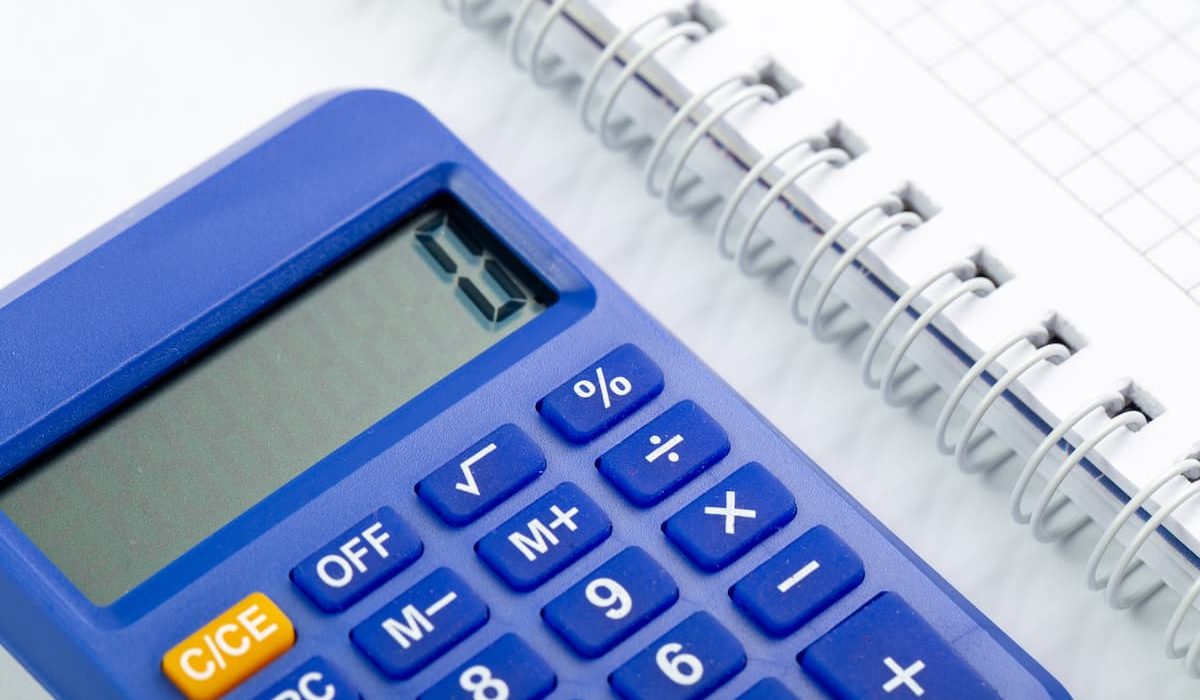Corporate income tax
Imagine that you have opened your company in Indonesia. You are ready to bring your ideas to life, launch a product or provide a service in this market. However, in the world of entrepreneurship, it is important to remember not only creative ideas, but also the tax obligations that companies face. One of these key aspects is corporate income tax. Let’s delve into the important points of this taxation theory.
Tax definition, tax object and calculation
Corporate income tax in Indonesia is a tax levied on the profits earned by companies and organizations for their activities. This tax plays an important role in the country’s economic system, providing financing for government needs and stimulating business development.
The method of calculating corporate income tax differs from personal income tax. The subject of the tax is income from any economic activity of the organization, whether earned within or outside Indonesia, if the company is registered in Indonesian as a taxpayer. The provisions for the calculation of corporate income tax are regulated by Law № 36 of 2008.
To calculate the tax, it is necessary to compute the net financial profit and compensation for financial losses. If, after deducting expenses from the gross income, a loss results in no taxable income, this loss can be offset by income in the subsequent five tax years.

Tax rate
Usually, companies pay a tax of 22% on their profits. However, public companies that meet certain requirements (such as listing shares on an exchange of at least 40% and other conditions) receive a 3% tax discount, which reduces their tax rate to 19%.
Small businesses, that is, companies with an annual turnover of up to IDR 50 billion, are eligible for a discount of 50% from the standard tax rate. Tax is levied in proportion to the taxable income portion of gross revenue up to IDR 4.8 billion.
Thus, the company’s income tax in 2023 will be calculated using the formula:
50% of the gross turnover x 22% (tax rate) x taxable income
Some companies with a turnover of less than IDR 4.8 billion are subject to a tax of 0.5% of gross turnover. These include companies classified as micro-businesses. Such organizations have turnovers ranging from IDR 300 to 500 million. The total volume of transactions they carry out should be up to two billion Indonesian rupiah per year. The business capital criteria for micro-enterprises amounts to a maximum of IDR 1,000,000,000.00 (one billion Rupiah), excluding land and buildings where the business operates.
Tax residency
A company is considered an Indonesian tax resident if it is registered or located in Indonesia.
Foreign companies conducting business through a permanent establishment (PE) in Indonesia are generally subject to the same tax obligations as local companies.
Payment of taxes
Resident taxpayers and Indonesian representative offices of foreign companies are required to satisfy their tax liabilities either through direct payments, through third party withholding, or both.
Foreign companies without local representation pay taxes on income from Indonesia through withholding tax by Indonesian partners.
Monthly tax contributions (Article 25 of income tax) constitute the first part of tax payments and are made as an advance payment for the current year’s tax obligations. The monthly contribution is calculated based on the latest Corporate Income Tax Return (CITR).
There are special rules for new taxpayers, as well as leasing companies, banks, state, stock exchange and other companies with periodic reporting. Tax withheld by third parties from certain income (Article 23 income tax), or tax payable in advance on certain operations (for example, article 22 of the import income tax), also represent a prepayment of current year obligations.
Business profit
A business’s taxable income is calculated using standard accounting principles, subject to certain tax adjustments. Generally, a deduction is allowed for all expenses incurred to generate taxable business income. However, a temporary difference may arise if the expense recorded in the accounts cannot be immediately recognized as a tax deduction.
Taxation of certain income from abroad
Indonesian tax residents are subject to tax on income earned from businesses anywhere in the world. However, foreign income may be exempt from taxation if it is subsequently invested in or used for business in Indonesia. This applies to income from:
work in a permanent mission abroad;
dividends from foreign companies;
active business income from abroad that is not associated with a permanent establishment or a foreign subsidiary.
If you receive after-tax income from a permanent establishment or dividends from a non-public subsidiary, you must reinvest at least 30% of that income. Otherwise, the difference between this 30% threshold and the amount you invested will be taxable.
Controlled foreign companies (CFCs)
Some income from Controlled Foreign Companies (CFCs) in Indonesia is subject to tax under the deemed dividend rules. This income includes:
dividends;
interest;
rental payments;
royalties;
profit from the sale of assets, but there are some restrictions.
A Controlled Foreign Company (CFC) is a foreign enterprise that is controlled 50% or more by an Indonesian taxpayer or is 50% owned by several Indonesian taxpayers in the aggregate. This also includes income from other CFCs owned indirectly by 50% of different CFCs.The holding threshold used to determine CFC status is calculated at the end of the Indonesian taxpayer’s financial year. It is based on the percentage of paid-up share capital (CA). The only exception where the rules do not apply is if the CFC’s shares are listed on a stock exchange.














